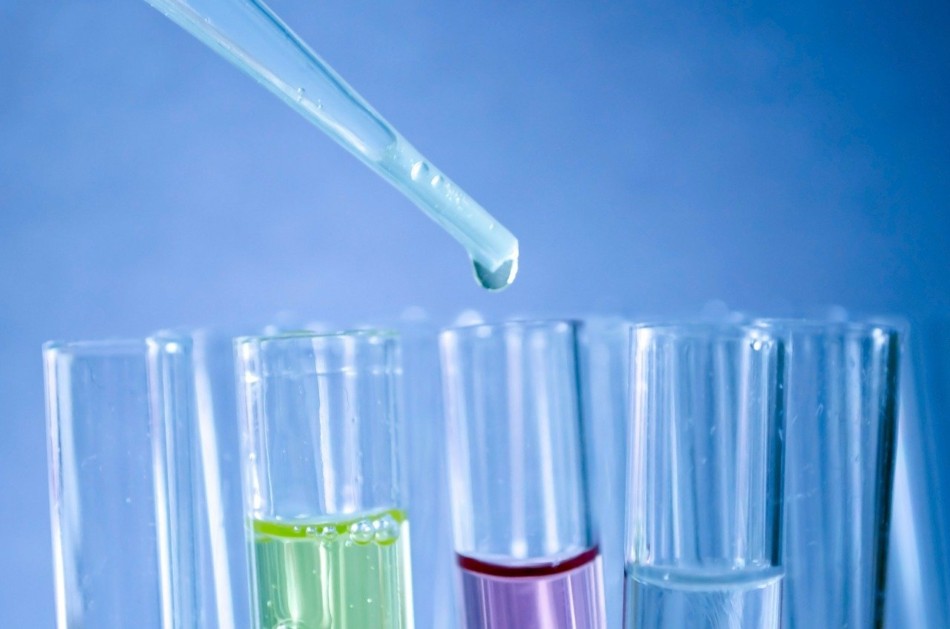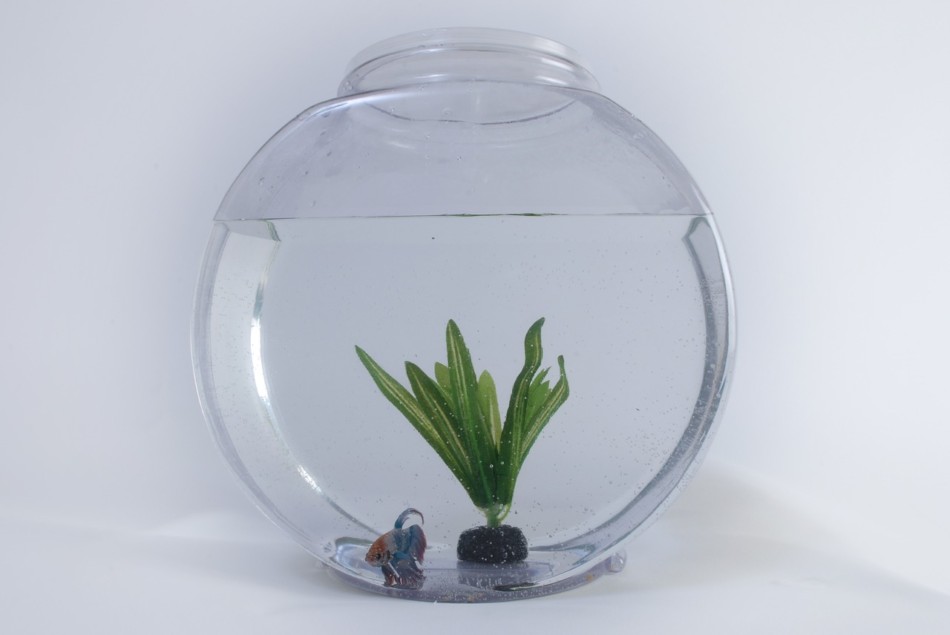This article may contain some affiliate links to products. The links provide me a small percentage of commission but do not cost you anything extra to use. (See full disclosure statement here ).
).
An aquarium tank crash is not something that any fish keeper wants to experience. And while it’s not a regular occurrence it can happen to anyone. But what does it mean? And what can you do to avoid it happening?
An aquarium tank crash is a sudden loss of most, if not all, of your tank inhabitants. The crash can be caused by a single major fault or a combination of several factors. Either way it results in a fatal disruption to your tank’s ecosystem causing it to shut down. This usually happens at a rapid pace and can occur in both freshwater and marine aquariums.
The fatalities caused by an aquarium tank crash are not just restricted to fish. Which means that your other tank inhabitants, such as shrimp, snails, aquatic frogs and corals will be affected too. In fact any living thing in the water, including plants are likely to perish.
As you can see an aquarium tank crash is devastating for any fish keeper. And it can put many people off of continuing in the hobby.
But it’s important to know what causes an aquarium/tank to crash and what to do to help avoid it happening.
So let’s start off with possible causes and then we’ll move on to prevention
What Causes An Aquarium Tank Crash?
There are many things that can trigger a crash and I’ve listed the most common causes below. They’re in no particular order because they’re all relevant. So it’s worth reading through them all to get the bigger picture on possible triggers.
1 . Lack Of Tank Maintenance – Lack of tank maintenance and general care results in poor water quality and a build up of toxins such as Ammonia, Nitrite and Nitrate.
2 . Contamination – Often caused by dirty hands/arms, air freshening sprays, cleaning products and other household chemicals that find their way into the tank. All of these will poison the tank.
3 . Equipment Malfunction – A failed heater or filter, if not spotted quickly, can trigger an aquarium tank crash. The malfunction of any type of aquarium equipment will mess up the tank’s ecosystem if it goes on for too long.
- A failed filter means that toxins will build up in the water column. The water current stops, leading to poor/no gas exchange. There will also be a dangerous drop in the oxygen level in the water. Insufficient oxygen will lead to a die-off in the beneficial bacteria that help to keep the tank healthy. And oxygen starvation to the other inhabitants of the aquarium.
- A failed heater will either increase the water temperature too much, or leave the water too cold. Both scenarios are bad for all of the lifeforms in the aquarium.
- Other equipment failures such as surface skimmers, wavemakers and powerheads will all have a detrimental impact. Also a malfunction in an automatic feeder, particularly when you’re on vacation, if it causes an overfeeding error, will pollute the tank.
4 . Sudden Water Parameter Changes – The water chemistry in an aquarium needs to be kept as stable as possible. So any sudden changes in the water parameters can cause a crash.
5 . Medications – Some fish/shrimp/snail medications, or prolonged use of medications, can adversely affect the biological balance of an aquarium leading to a tank crash.
6 . Fishkeeping Errors – Fish keepers are only human and sometimes we make mistakes. Here’s some of the errors that can lead to an aquarium tank crash.
- Not having enough filtration/oxygenation to cope with the number of tank inhabitants.
- Not allowing enough time for the tank’s beneficial bacteria to become established before adding more fish etc.
- Adding the Fish Store’s/another person’s tank water to your aquarium when you add new fish or tankmates.
- Forgetting to add a water conditioner (or other essential product) during tank maintenance. Or adding too much.
- Overfeeding your tank.
- Not removing leftover food or dead tank inhabitants.
- Insufficient vacation preparation and/or your ‘tank sitter’ not understanding properly what needs to be done.
There are many factors that can be responsible for an aquarium tank crash. Whether it’s one particular thing, or a combination of things, the end result is the same.
Let’s move on to things that you can do to help prevent an aquarium tank crash

How To Prevent An Aquarium Tank Crash
Below are some general points that will help you to avoid an aquarium tank crash.
1 . Regular Tank Maintenance – Stick to a regular tank maintenance schedule. Even if you’re a couple of days behind don’t let things slide for too long. Then get back on track.
2 . Contaminants – Always wash your hands and arms thoroughly in clean fresh water before putting them in your aquarium. Don’t use cleansers and soaps for this unless absolutely necessary. If you do have to use these make sure you have completely rinsed your skin with clean water afterwards. Keep aerosol sprays and household cleaners away from the tank. And don’t use them even for cleaning the outside of the aquarium. Make sure that everything that goes near/on/in your tank is aquarium safe.
3 . Check Your Equipment Regularly– Check that your tank heater is working properly. Having an aquarium thermometer in the tank as a backup is a good idea. You need to check your filter regularly too so that you know that it’s working efficiently. It’s also important to clean and maintain your filter as part of your tank maintenance schedule. And remember to check on any other equipment that you have running in the tank.
4 . Keep The Water Parameters Stable – Regular tank maintenance helps with this. But don’t do large water changes unless it’s absolutely necessary. 10-25% is usually enough in one go unless you have fish etc that are really messy. Use your own judgement but keep water changes consistent.
Remember to always use a water treatment product in the correct dose on every water change. Never add someone else’s tank water to your own aquarium.
And finally, don’t overclean your aquarium or filter. Overcleaning removes too much of the beneficial bacteria that your aquarium needs to function healthily.
5 . Don’t Overmedicate Your Tank – Unfortunately aquarium inhabitants can get sick sometimes. Which means that the tank needs to be treated for whatever is causing the illness. But it’s important not to overdo the medications. Only treat when necessary and use the correct dosage for the prescribed time period. Too many/too often can cause a tank crash because some aquarium medicines can kill off the ecosystem in an aquarium.
6 . Avoid Basic Fishkeeping Errors – We all make mistakes sometimes. But doing your best not to mess up on a regular basis will help to avoid an aquarium tank crash. Here’s a few pointers.
- Filtration – Make sure that you have enough filtration/oxygenation for your tank size and the amount of/type of inhabitants that live in it.
- Be Patient – Allow time for the tank to become established with enough beneficial bacteria before adding more fish etc. Let the ecosystem build up before you put more pressure on it. And don’t overstock your tank. It’s better to understock rather than overstock.
- Don’t Overfeed – Feed only what your tank inhabitants actually need. This can take a little time and practice but you’ll soon get to know when enough is enough. Remove any uneaten food and dead tankmates so that they don’t pollute the water.
- Vacation Prep – Carry out tank maintenance 2-3 days before you go on vacation. That way you’ll have a couple of days or so to check that everything is working properly. And you’ll be able to trouble-shoot before you leave. If you’ve got someone to feed and check on the aquarium(s) while you’re away make sure that they know what they’re doing. Give them clear instructions and a few tips.
- Spend Time – Spend time every day watching your aquarium(s). It’s not only an enjoyable thing to do it’s a good way to spot any problems early on. The earlier you spot a problem the greater the chances are of solving it.
- Test The Tank Water – Testing your tank water on a regular basis is a good idea. It can be an early indicator that something is going wrong. It’s also something you should do if you think that there may be a problem.
Unfortunately, despite your best efforts, you could still have an aquarium tank crash. Sometimes there just isn’t any obvious reason for it. But that doesn’t mean that you can’t do things to help avoid it happening.
What Can You Do If Your Aquarium/Tank Crashes?
If your aquarium/tank has already started to crash there’s absolutely nothing you can do about it. I know that sounds harsh but it’s just a fact.
Your best option is to restart the tank again. Which means starting from scratch and setting it up from the beginning as a new aquarium.
It’s not advisable to put any survivors into another tank in case they are carrying something that will trigger the other tank to crash. So they will need to be part of your new tank setup. They may not survive the transition though, so be prepared for more losses.
The only other option is to quit the fishkeeping hobby. Any fishkeeping disaster is likely to put a lot of people off of continuing with it. And I can understand the temptation to pack it all in. But give yourself a little time before you decide whether or not to carry on.


